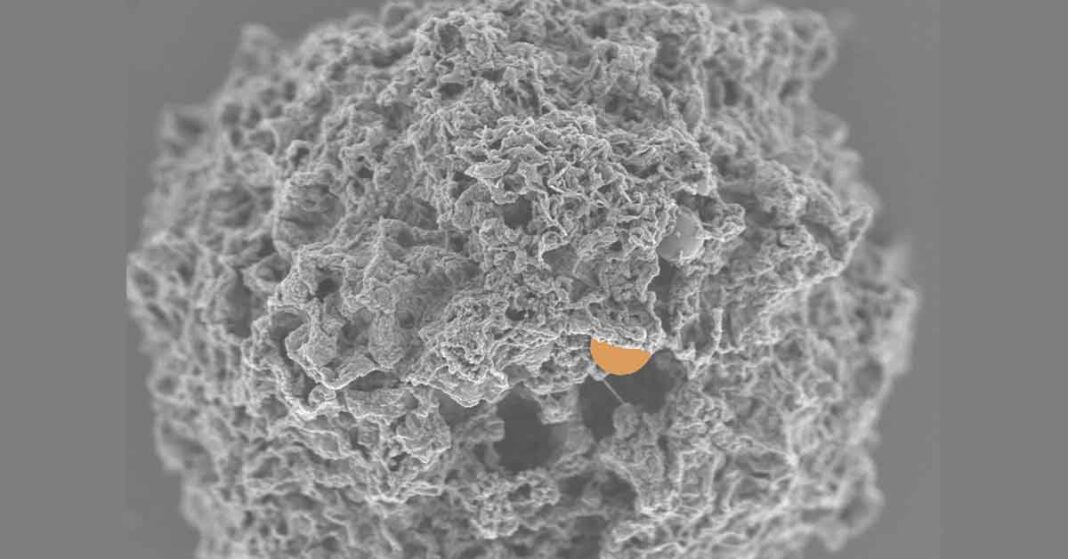A recent study published in the journal Nature Nanotechnology details a new approach to preventing anaphylaxis using nanoparticles, microscopic structures designed to carry a therapeutic payload.
The researchers from Northwestern University embedded the outer coat of the nanoparticles with antibodies capable of switching off mast cells, specific components of the immune system responsible for allergic reactions. The nanoparticle also carries an allergen specific to the patient’s allergy, e.g. peanut protein for peanut allergy.
The process involves a two-step approach. First, the allergens on the particles bind with the mast cells responsible for the specific allergy, then the antibodies switch off those mast cells. This approach of targeting only specific mast cells prevents responses to allergens without affecting the entire immune system.
The therapy demonstrated 100% success in preventing allergic responses in mice without causing noticeable side effects.
Said study lead Evan A Scott, PhD:
Currently, there are no methods available to specifically target mast cells. All we have are medications like antihistamines to treat symptoms, and those don’t prevent allergies. They counteract effects of histamines after the mast cells already have been activated. If we had a way to inactivate the mast cells that respond to specific allergens, then we could stop dangerous immune responses in severe situations like anaphylaxis as well as less serious responses like seasonal allergies.
Added allergy expert and co-author Bruce Bochner, MD:
The biggest unmet need is in anaphylaxis, which can be life-threatening. Certain forms of oral immunotherapy might be helpful in some cases, but we currently don’t have any FDA-approved treatment options that consistently prevent such reactions other than avoiding the offending food or agent. Otherwise, treatments like epinephrine are given to treat severe reactions — not prevent them. Wouldn’t it be great if there was a safe and effective treatment for food allergy that consistently made it possible to reintroduce a food into the diet that you used to have to strictly avoid?
- Decorated Nanoparticles Prevent Allergic Reactions — Northwestern Medicine Press Release
- Controlled adsorption of multiple bioactive proteins enables targeted mast cell nanotherapy — Nature Nanotechnology






